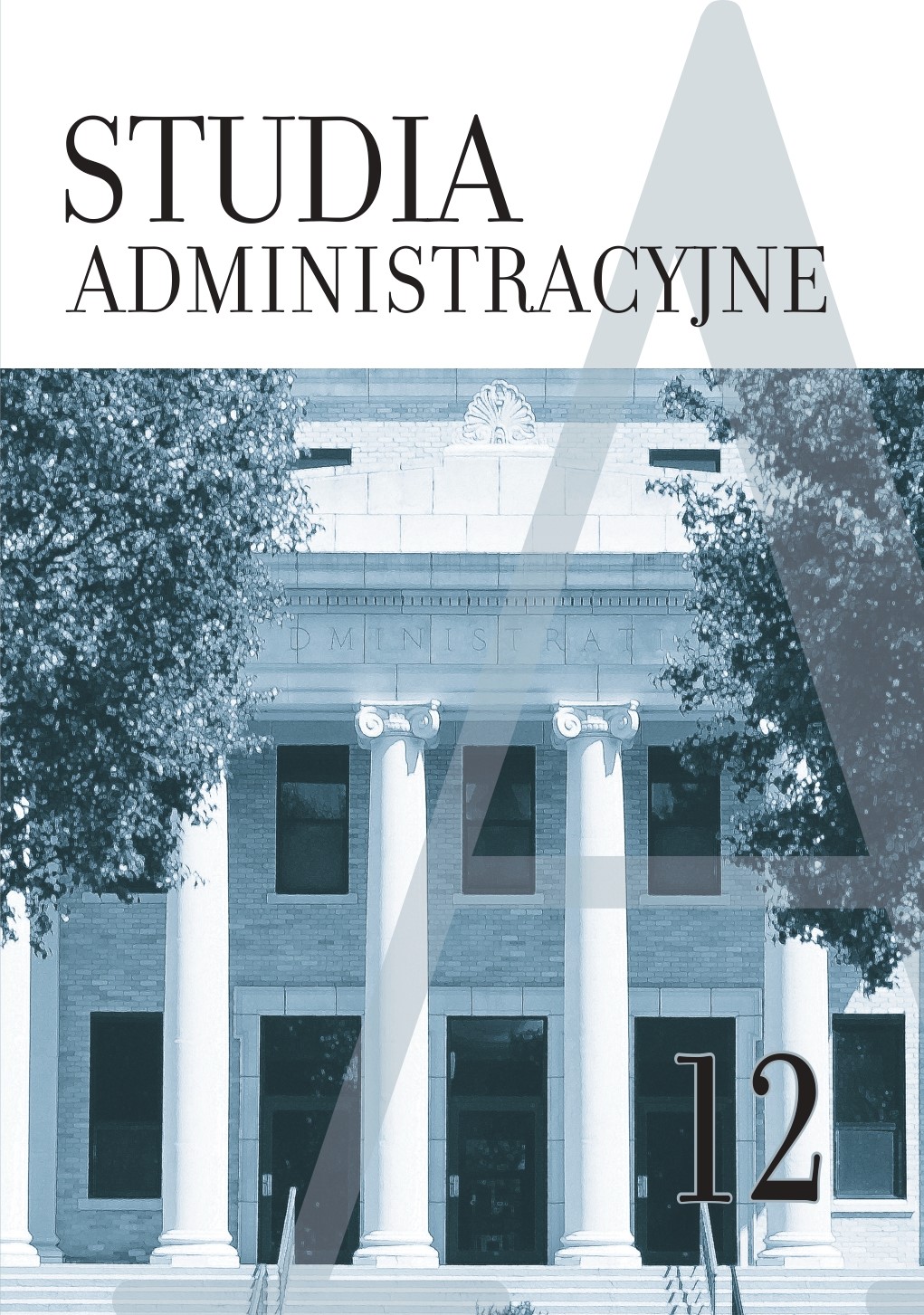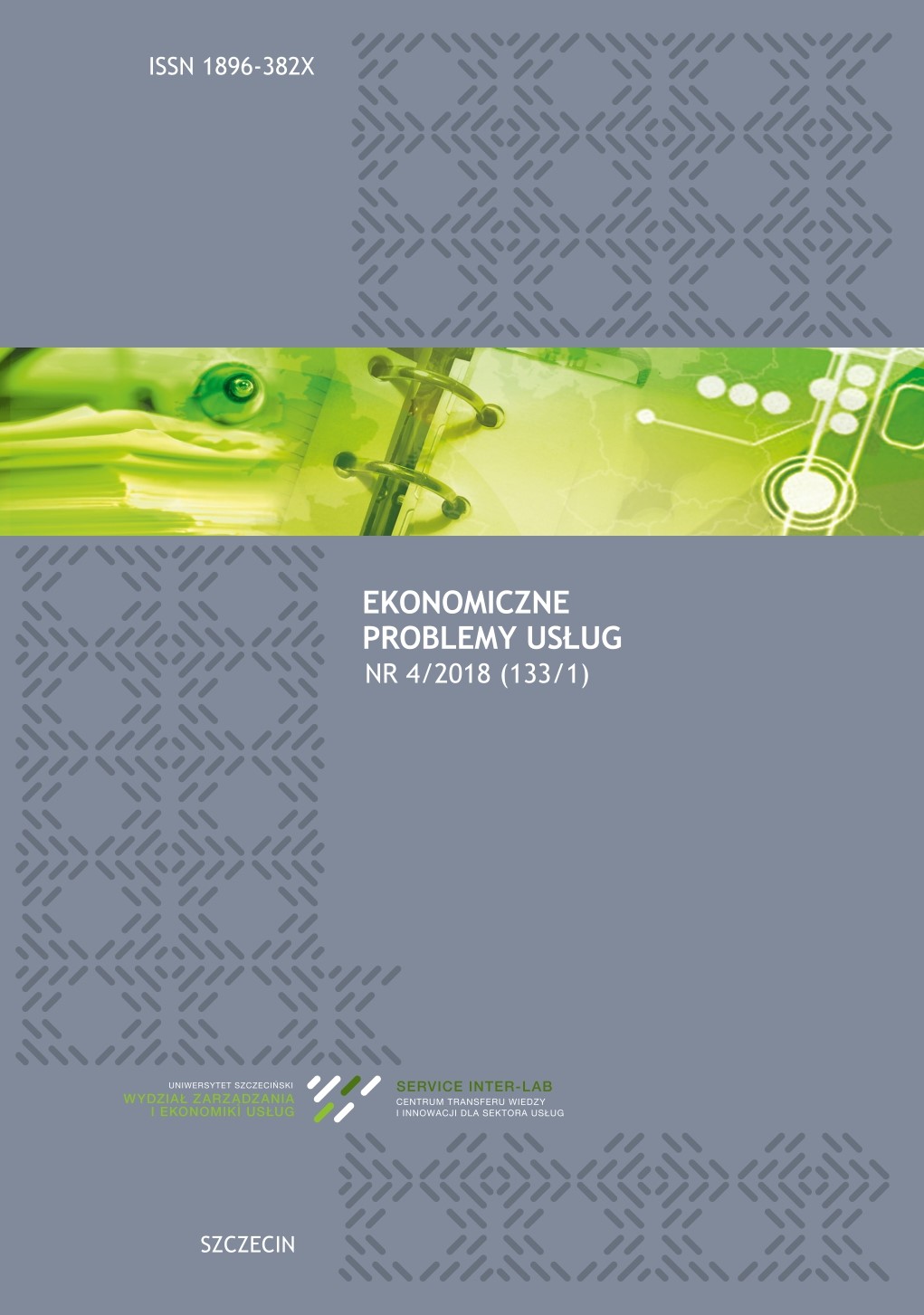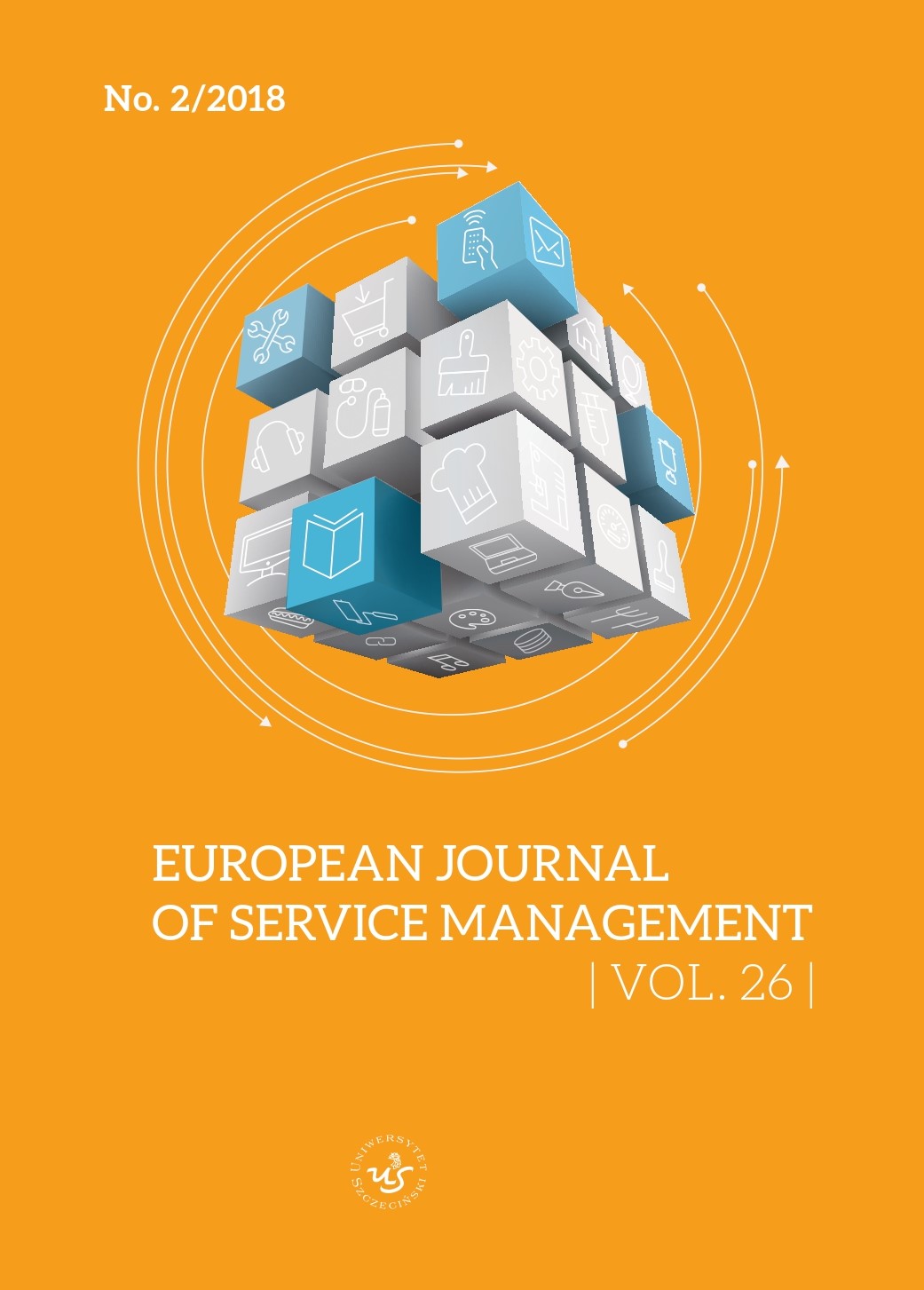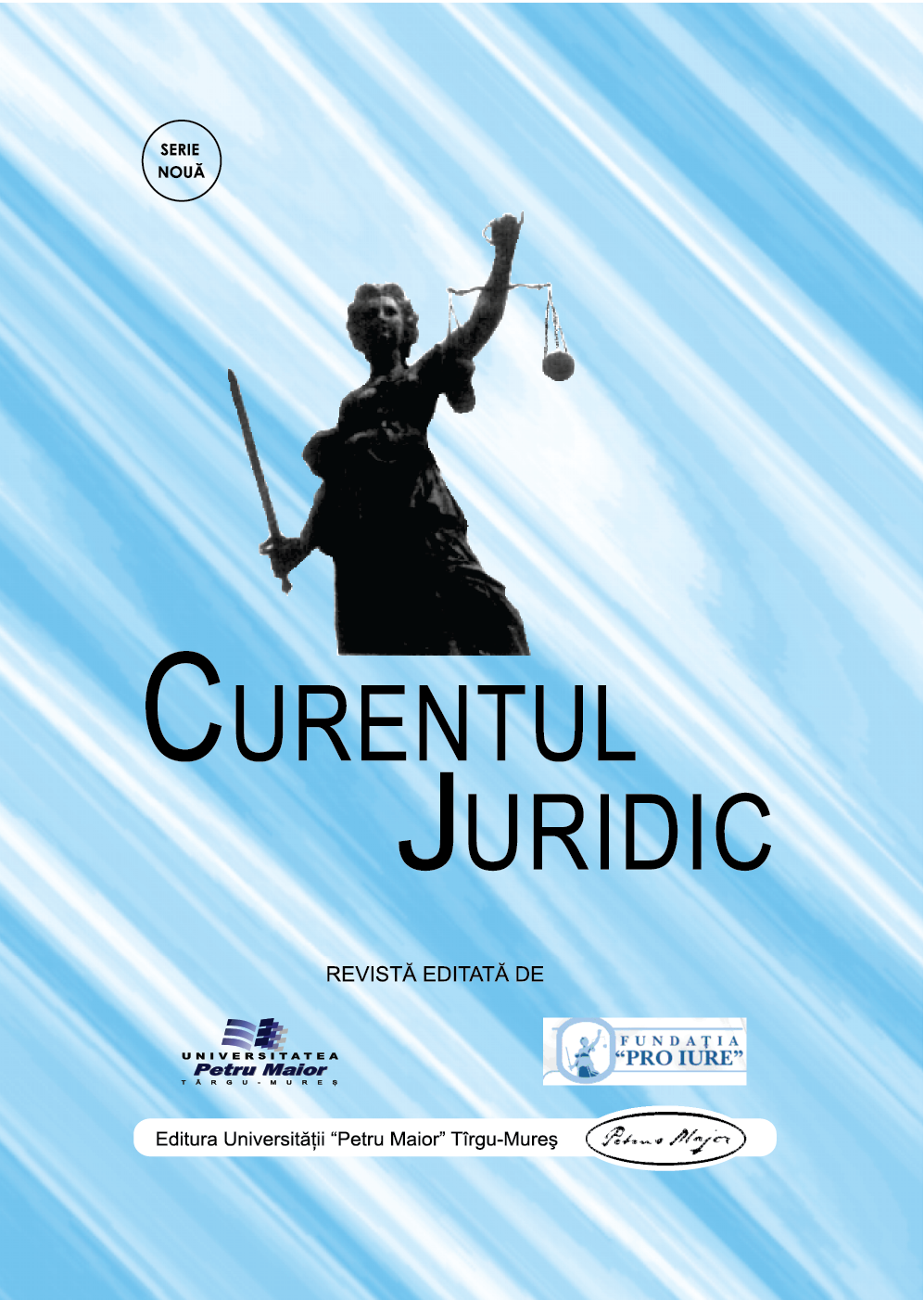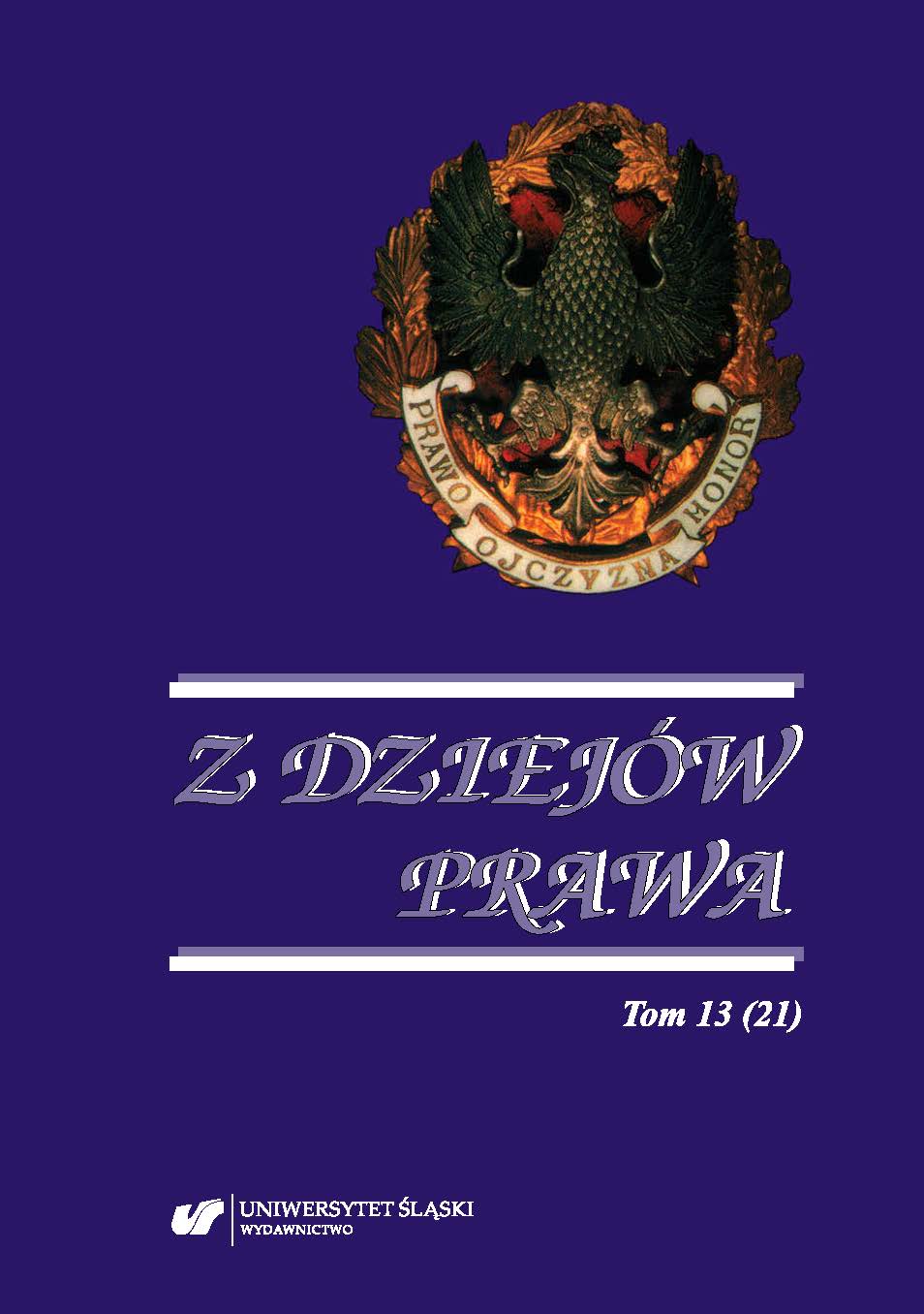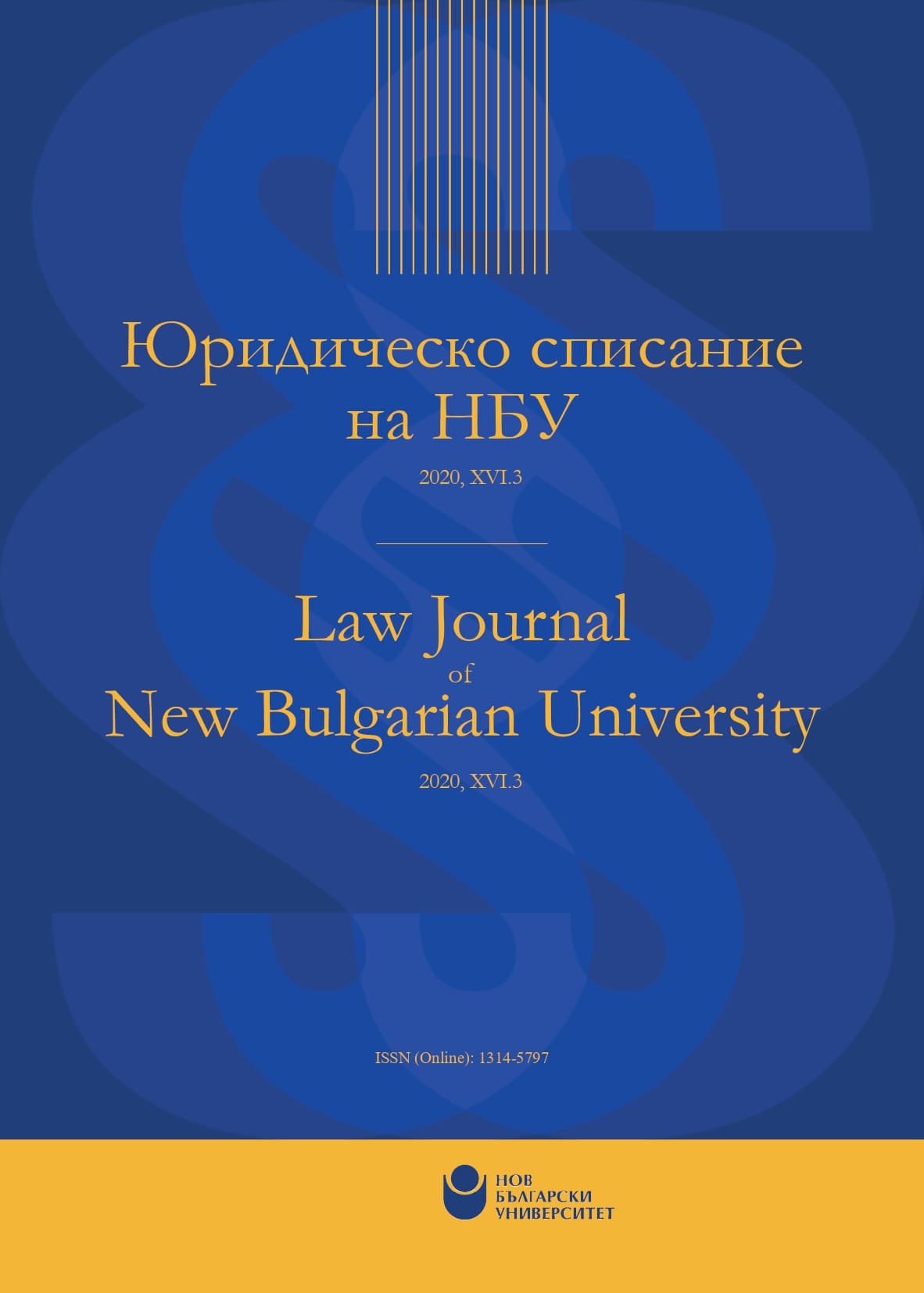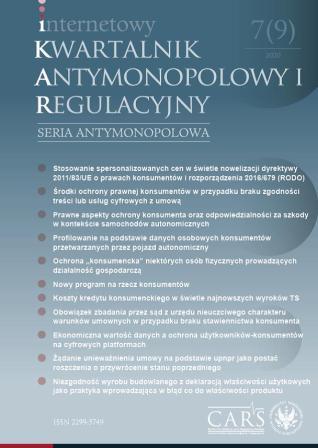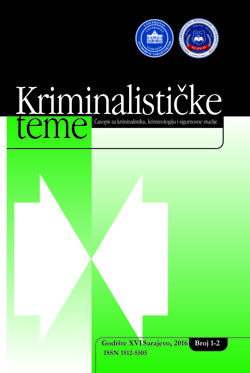
UPRAVNO-PRAVNI OBLICI KONTROLE I NADZORA ZATVORSKIH USTANOVA U BOSNI I HERCEGOVINI
Reason(s) for writing and research problem(s): Control work involves evaluating results. Consequently, the work of administrative bodies can be assessed two important aspects of the work. One is the law and the other expediency. The paper analyzes the administrative and legal forms of control and supervision of detention facilities in Bosnia and Herzegovina. Aims of the paper (scientific and/or social): The scientific contribution of the paper is to show the importance of administrative and legal control and supervision of detention facilities in Bosnia and Herzegovina. So it can assess whether they are in the performance of the administration complied with the Constitution and laws, but also can make and score as much as in the performance of these tasks accomplished by the general interest. The social objective of this study was to refer to the importance of complying with the procedures administrative and legal control and supervision in order to provide better development of the organization of detention facilities. Methodology/Design: The paper will be used different methods in order to meet the basic methodological requirements, such as objectivity, universality, reliability and thoroughness. As for the method of data collection, which includes the classification and processing of the data and conclusions based on them, was used to analyze the documents. Research/paper limitations: Presentation of the problem is limited to the presentation of the administrative and legal forms of control and supervision of detention facilities in Bosnia and Herzegovina. Results/Findings: It turned out that the control and supervision imply: control over the work of the institution, acting in terms of human rights, administrative inspection and control of the application of regulations, the legal definition of control in the work of the penal institutions in the Federation, supervision by the Federal Ministry of Justice and the views of the Independent Commission for monitoring conditions stay in prisons, treatment and respect of human rights of persons subjected to criminal sanctions, and presenting the role of the institution of Ombudsman for human rights. General conclusion: Administrative law is the constant companion of everyday life of people and therefore it is important that the work of the state administration to be legitimate, efficient, transparent and controlled. It can therefore be concluded that the administrative and legal control and supervision of detention facilities in Bosnia and Herzegovina one of the key factors for quality functioning of detention facilities.
More...
